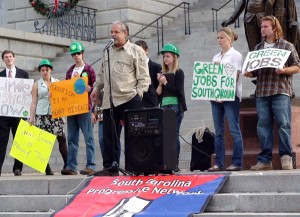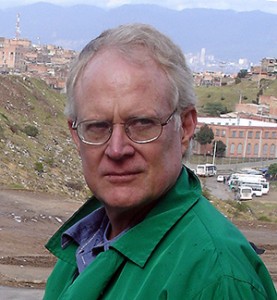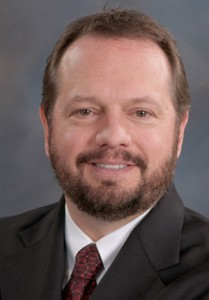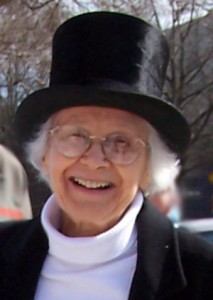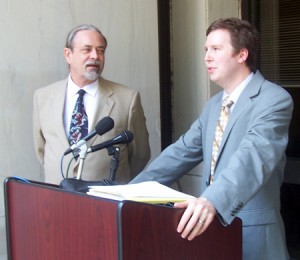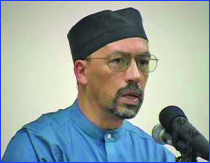By Sloane Wheelen
S.C. field coordinator for Planned Parenthood Health Systems in Charleston, a member of the SC Progressivve Network
The House vote to establish near-universal health care coverage came at a steep cost to women. That cost, issued as an amendment by Rep. Bart Stupak (D-Mich.), eliminates abortion coverage by private insurance companies even when women are paying for all or most of the premium with their own money.
Stupak’s amendment is a cynical attempt to push an anti-choice agenda that imperils badly needed reform. His amendment undermines the ability of women to purchase private health plans that cover abortion even if they pay for most of the premiums with their own money. This amendment reaches much further than the Hyde Amendment, which has prohibited public funding of abortion in most instances since 1977.
Before its introduction, health care reform measures in both the House and Senate contained agreed-upon language regarding abortion. Public funding would remain prohibited, and women with private health insurance would continue to receive the benefits they already have. Though this language satisfied neither side completely, it enabled health care reform to move forward without being derailed by abortion politics.
In addition to undermining the reform effort, the amendment would impact the more than one in four American women who have at least one abortion during their reproductive years. Tens of millions of women will be required to pay for health care coverage that expressly excludes one of their most commonly requested medical procedures.
The Stupak Amendment, like the Hyde Amendment, allows coverage of abortion only in cases of rape, incest and for medical complications that “place the woman in danger of death unless an abortion is performed.” However, if the woman’s health is in jeopardy – if her pregnancy risks organ failure or infertility but not death – then there is no coverage for care. The woman’s health, no matter how substantial and irremediable, is placed at risk.
Women’s health care should not be sacrificed on the altar of reform. President Obama repeatedly stated that under health care reform, “no one will lose the benefits they currently have.” The House bill now embraces a lesser ideal: No man will lose the benefits he currently has.
Is this sexual discrimination or abortion politics? Frankly, the two are inseparable. The 11th-hour amendment is just the latest example of statutes, regulations, medical standards and corporate policies that have caused women to pay more, suffer more and receive less: Pharmacists refuse to fill prescriptions for birth control pills. The FDA imposed unwarranted and unscientific age limits on over-the-counter access to emergency contraception. Health insurance companies demand higher premiums from women than from men.
Women pay nearly 68 percent more than men – much of it resulting from the uninsured expenses of reproductive health care.
The promise of reform was supposed to remedy all that. Health care reform sought not only to expand coverage but also to reduce gender discrimination.
No longer would women have to pay more than men for the same insurance policy. No longer could pregnancy or womanhood be treated as pre-existing conditions. No longer would women be denied affordable contraceptives. And all women’s health centers finally would be recognized as essential community providers no less than centers that cater to other segments of the population.
Because of Rep. Stupak, the House further entrenched a two-tiered health care system that limits access to care for women.
If Congress is capable of enacting health care reform, it is capable of treating women as equals who don’t have to settle for less. Already, members of the House and Senate pro-choice caucus are pledging to withhold their final votes unless the Stupak Amendment is removed.
Abortion politics should not scuttle health care reform. That is why the Stupak Amendment must be eliminated.
This piece originally ran in The State on Nov. 29, 2009.



